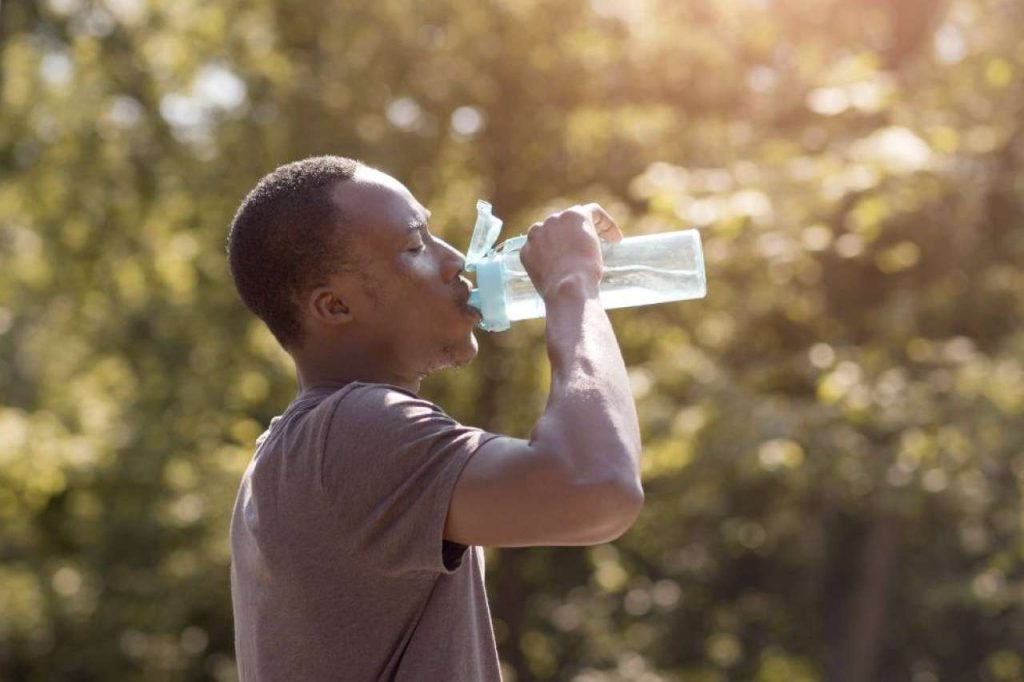Water is essential for nearly every function in the body, from regulating temperature to flushing out harmful substances. Despite its importance, many people do not drink enough water daily, going about their day dehydrated. It is important to recognize the signs of inadequate hydration early so that you take action before it impacts your health negatively. Here are some important signs that you might not be drinking enough water.

1. Persistent Thirst: One of the most obvious signs of dehydration is feeling constantly thirsty. If you find yourself reaching for water frequently or experiencing a dry mouth, it is a clear signal that your body needs more fluids.
2. Dark Urine and Reduced Urination: Healthy urine should be pale yellow. Dark yellow or amber-colored urine indicates dehydration. Additionally, if you are urinating less frequently than usual, your body may be conserving water due to insufficient intake.
3. Dry Skin and Lips: Water plays a crucial role in keeping your skin hydrated and elastic. If your skin appears dry, flaky, or less plump, it might be due to dehydration. Similarly, chapped lips are a common sign of inadequate water consumption.
4. Frequent Headaches: Dehydration can cause headaches because it reduces the amount of fluid surrounding your brain, leading to increased pressure and discomfort. If you experience frequent headaches without a clear cause, increasing your water intake may help.
5. Fatigue and Dizziness: Water is essential for energy production and circulation. Dehydration can lead to low blood pressure and reduced oxygen flow to the brain, causing feelings of fatigue, dizziness, or lightheadedness.
6. Poor Concentration and Brain Fog: If you struggle to focus or feel mentally sluggish, dehydration could be to blame. Water is necessary for brain function, and even mild dehydration can impair memory, concentration, and cognitive performance.
7. Constipation and Digestive Issues: Water is vital for digestion and helps move food through the intestines. Insufficient water intake can lead to constipation and bloating. If you experience digestive discomfort, drinking more water may improve your symptoms.
8. Bad Breath: Saliva helps wash away bacteria in the mouth. When you are dehydrated, saliva production decreases, leading to dry mouth and bad breath, also known as mouth odour. Staying hydrated can help maintain fresh breath and your overall oral health.
9. Muscle Cramps and Joint Pain: Water lubricates your joints and muscles. Dehydration can lead to muscle cramps, stiffness, and joint pain, particularly during exercise or physical activity.
10. Unexplained Hunger: Sometimes, thirst is mistaken for hunger. If you feel hungry shortly after eating, try drinking a glass of water first. Your body may actually be signaling dehydration rather than hunger.
A Word From HealthFacts to You
Staying hydrated is crucial for overall health and well-being. If you recognize any of these signs, make a conscious effort to drink more water throughout the day. A good rule of thumb is to target at least 8 glasses of water daily, and increase your intake if you are physically active or in when the weather is hot. This will keep you well hydrated, ensuring your body functions optimally and you feel your best.
Related Reading: 5 Ways Drinking Water Can Change Your Life.
Subscribe to our newsletter for more updates from us.









